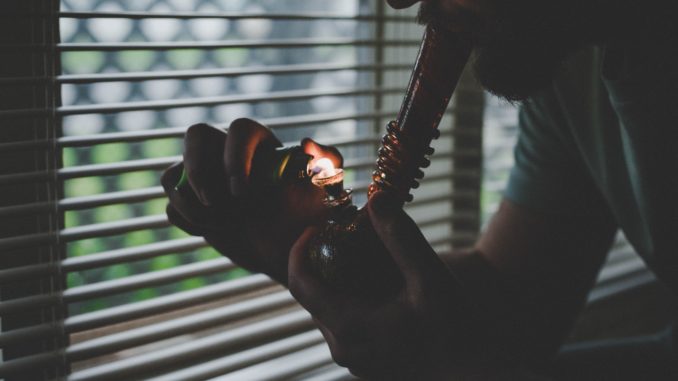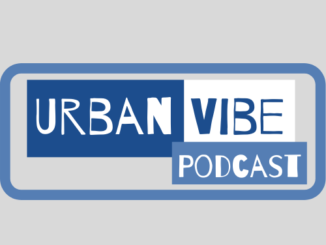
From 2001 to 2010, 8.2 million people were arrested for minor possession charges. Although both white people and black people use marijuana at the same rate, according to the ACLU, “Blacks are 3.73 times more likely than whites to be arrested for marijuana.” In Iowa, they’re 7.5 to 8.5 times more likely. In a country where 32 out of the 50 states have some legalization of marijuana, 15 of them where it’s legal for recreational use, with many states having marijuana usage legal to some degree, why hasn’t it been fully legalized yet?
In the 1920s and 30s, many people of color were users of marijuana, especially entertainers and jazz musicians, who were already called Satanists by conservatives of that time. According to Britannica, “The 1937 Marihuana Tax Act effectively outlawed cannabis use in the United States by adding strict regulations and prohibitive taxes that made marijuana too expensive to buy or sell legally.” This made the possession of both hemp and marijuana without the correct stamps a federal crime.
In the present, smoking weed is a pretty normal thing to participate in, or know someone who uses it. In a Maristpoll survey done in 2017, they claim that “52% of Americans, 18 years of age or older, have tried marijuana … at some point in their lives, and 44% of these individuals who have tried it currently use it.”
Even with a majority of American’s being frequent weed users, according to the FBI’s Uniform Crime Report, police made 545,602 arrests for marijuana-related violations in 2019. This equates to a person getting arrested for a marijuana related charge every minute. With so many people regularly using marijuana, what is the use of funding police with tax dollars to arrest nonviolent people who are in possession of marijuana?
In the United States, marijuana is still in the schedule 1 category of controlled substances, which the same category that heroin, LSD, and ecstasy belong in. While no drug is completely safe to use or abuse, marijuana’s side effects are much less severe than some schedule 2, 3, and 4 drugs, like oxycontin, methamphetamine, and cocaine.
Marijuana can also be used in medical ways. For instance, it can help with sleep, pain, and increase appetite for people battling cancer and going through chemotherapy as well as other diseases that make eating difficult. There’s a strong support among Americans to decriminalize marijuana, with 81% of people asked supporting the idea. The full legalization of marijuana sits around 49% amongst all Americans, and 89% approval among regular users, according to the ACLU.
There are multiple benefits to decriminalizing marijuana, the biggest being less non-violent offenders being sentenced with lengthy prison stays. For instance, possession of a pound of weed has the same mandatory sentence as illegally selling 10 guns, which is absurd. Sentencing for marijuana crimes also is racially disproportionate, as a “black person in the United States is 3.73 times more likely to be arrested for marijuana possession on average.” Britannica also states that marijuana helps the economy by providing new jobs and raising tax revenue.
While everyone is entitled to their own opinion on marijuana, it’s important to think about the big picture. Is it reasonable to give long prison sentences to a harmless person enjoying a marijuana joint? Using weed for both medical purposes and for enjoyment should not be regulated by the government. If dangerous but normalized substances like alcohol and trans fats that kill thousands annually can be enjoyed liberally, smoking some weed should be too.
There are more important crimes that law enforcement and the justice system can focus on than marijuana possession. Weed should be able to be used by anyone who pleases, without the threat of incarceration.



Be the first to comment